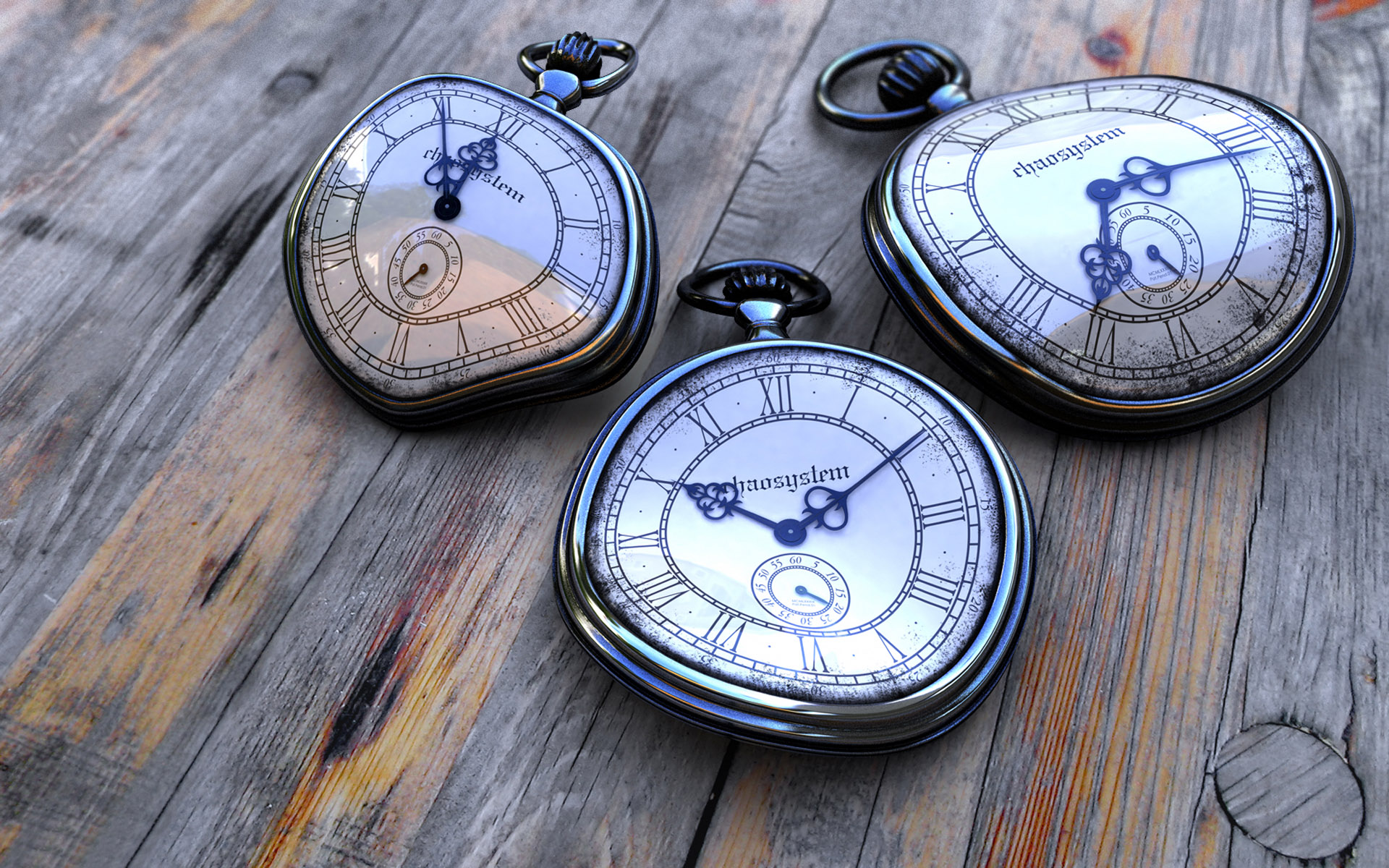After a fine conversation, a friend sent me this quote: “Once severed from the future the past becomes an insignificant parade of trivial events no longer organic, no longer potent or painful.” It raises an important question: What is the future, when freed from the chains of the past?
 It seems logical, as my friend said, that “if the past cannot exist so too must the future no longer exist,” but in fact the opposite is true. Ending the past opens the future.
It seems logical, as my friend said, that “if the past cannot exist so too must the future no longer exist,” but in fact the opposite is true. Ending the past opens the future.
When we stop reacting from and projecting the past onto the future, we cease being complicit in the destruction of the earth and humanity.
It’s true that in the complete stillness and cessation of thought, there is no past and no future. But we still live in the temporal world, where our lives affect the future of humanity, and not just through the children we may have.
Is it that when we completely free ourselves of the past, the present becomes a portal to the infinite, and the future becomes a canvas upon which we creatively write with our lives and work?
When the choice is clear, there is no choosing. We can either radically change within ourselves and participate in the creation of a new future for humankind, or continue to conform and contribute to the destruction of humanity.
I once heard a great religious teacher say, “No teacher, however illumined, has changed the basic course of humankind.” Question and find out for yourself, but I feel that statement is true. But just what is “the basic course of humankind?”
To use the pejorative, man’s basic course is toward increasing fragmentation and disorder, both of nature, and of humanity.
Though millions have been lifted out of poverty, though lifetimes have been extended and the physical suffering of many people decreased by advances in medicine and its recent application in the poorest regions of the world, the disorder and darkness in consciousness are increasing exponentially.
The authoritarianism, lies and projections of Donald Trump’s and his ilk are an expression of not only American consciousness, but of human consciousness, and no amount of appeal to outward progress can meet and defeat it.
In short, man’s cumulative psychological past is destroying the future of humanity. The explanation of how humankind came to be in this predicament is much less important than the fact that we stand at this terrible pass.
All creativity, whether artistic, architectural or even political, is an act of giving to the future of humanity. Imagination and  vision have their place, just not in meditation. Otherwise, to take one example, architects would not be able to design beautiful bridges and buildings.
vision have their place, just not in meditation. Otherwise, to take one example, architects would not be able to design beautiful bridges and buildings.
Our unprecedented global society requires the conscious creation of a true global culture, the first in the history of humankind.
Diversity flows from wholeness, not from separation and difference. Therefore the creation of a true global culture (which does not imply homogeneity but is the antidote to homogeneity) is the ultimate act of human creation.
Essentially, we pour the foundation for a new culture by ending the movement of the past, time and thought every day.
The new, living culture will not be based on tradition and the accretion of knowledge, but on the insight and creative imagination operating in the present.
In other words, when the chains binding us to the past and blinding us to the present are broken, we are free to create a new culture and a new future for ourselves, and for humanity.
One has to be actually experiencing timelessness on a daily basis, or it’s just an idea. This is why I encourage people to sit quietly outdoors (even if it’s just on a patio in the city) and observe the mind-as-thought into stillness. Passive watchfulness gathering inclusive, undirected attention is all you need—no systems, methods, mantras or rituals.
Awakening insight and intelligence within oneself (which has nothing to do with intellectual concepts and formulations), one will then be creative in one’s life and work, whether one is a gardener or painter, a factory worker or politician.
With the accelerating emergence of robotics and AI however, the need for factory workers and politicians may soon become a thing of the past.
Martin LeFevre

